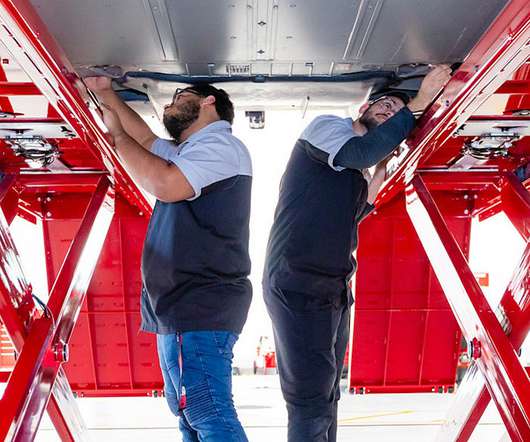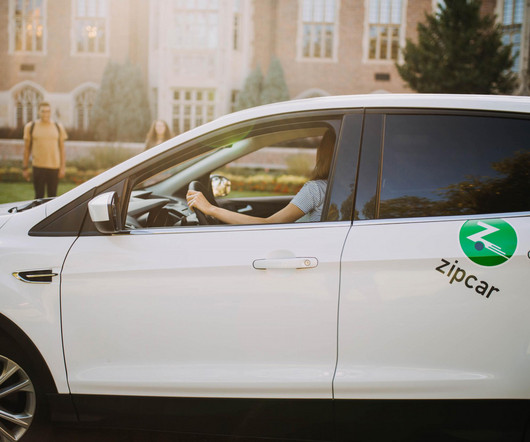Tesla to expand START training program to Austin, funneling talent for Giga Texas
Teslarati
JUNE 15, 2021
The START program was designed by Tesla to give students an intensive, small-group education that would accelerate their chance to be an automotive technician who specializes in electric cars. It’s about getting creative to design and build machines of the future. Manufacturing today isn’t what it used to be.












Let's personalize your content